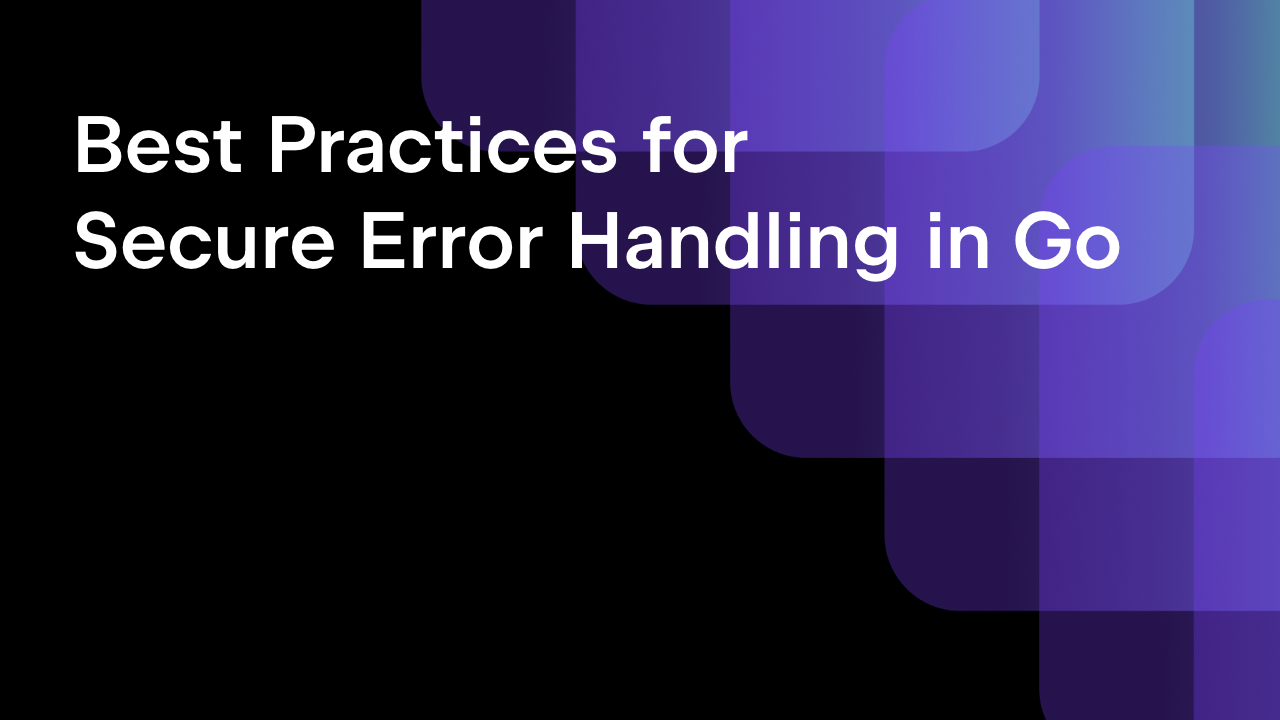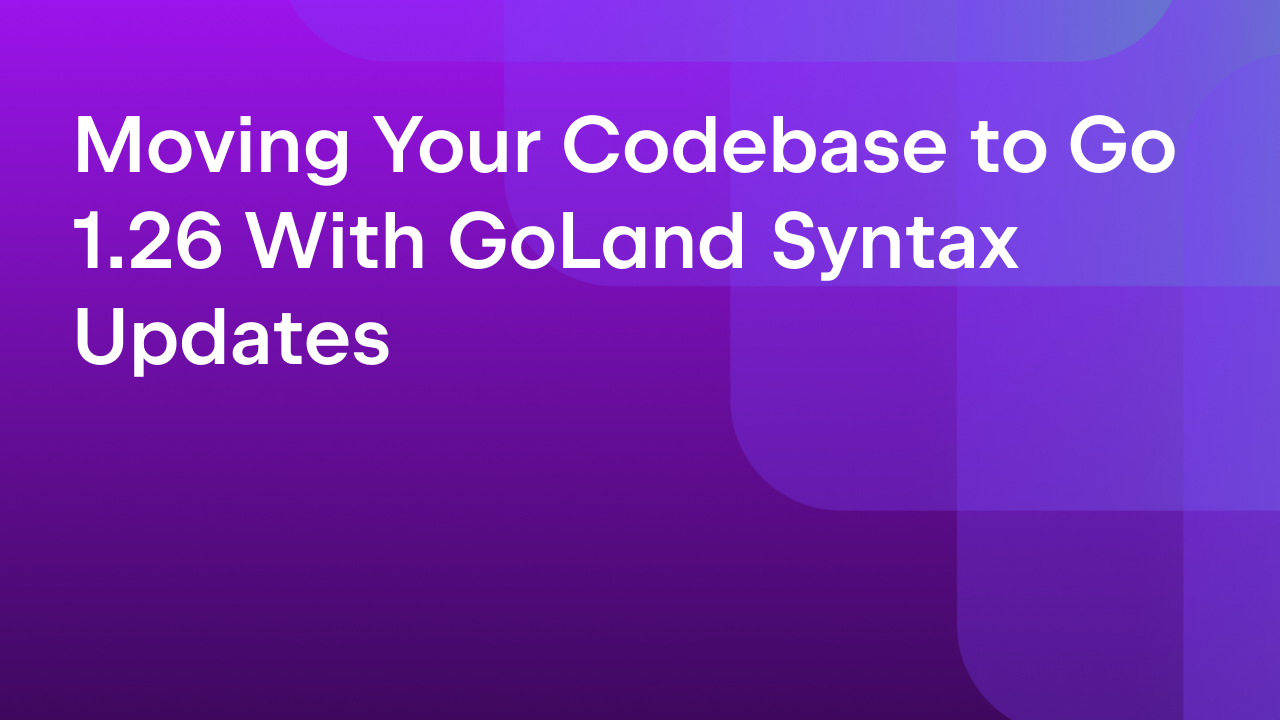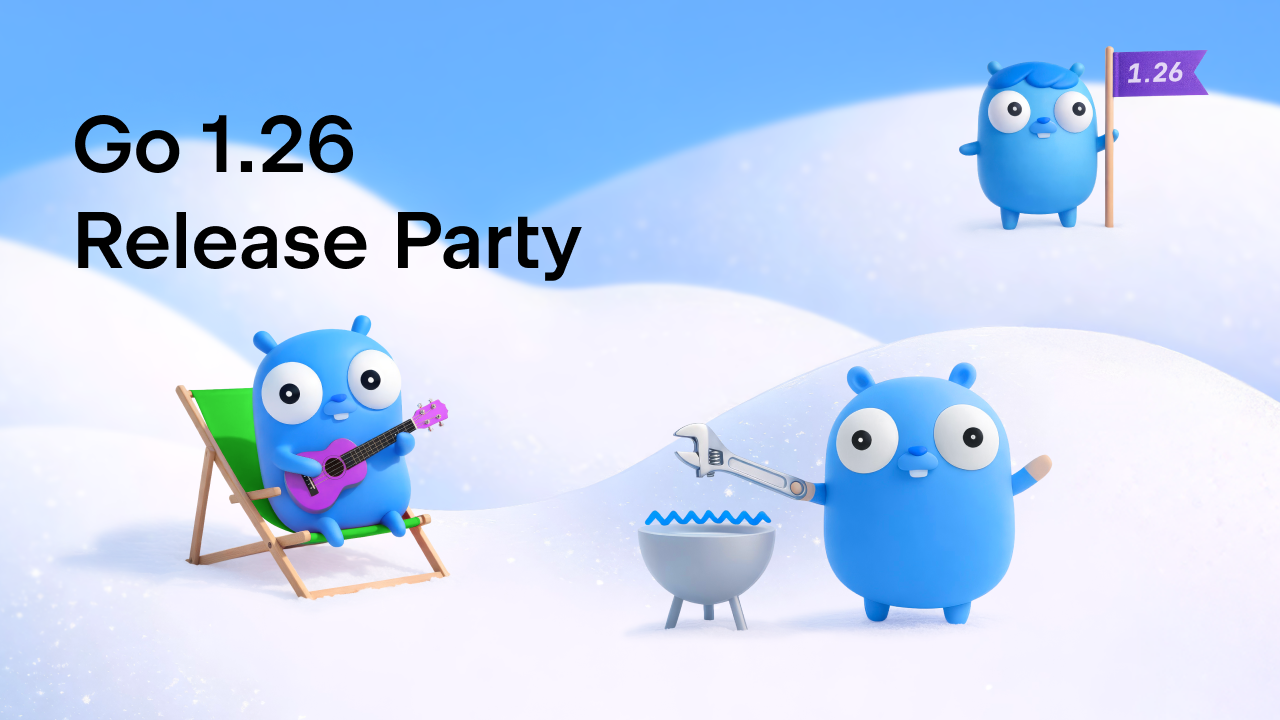GoLand 2025.2 Is Now Out!
GoLand 2025.2 introduces updates for working with HTTP servers, smarter inspections powered by data flow analysis (DFA), and a new non-blocking Welcome screen. This release also brings significant quality improvements to golangci-lint support, including version 2, making the integration more robust for real-time code analysis. Let’s take a closer look at all the new additions and improvements!
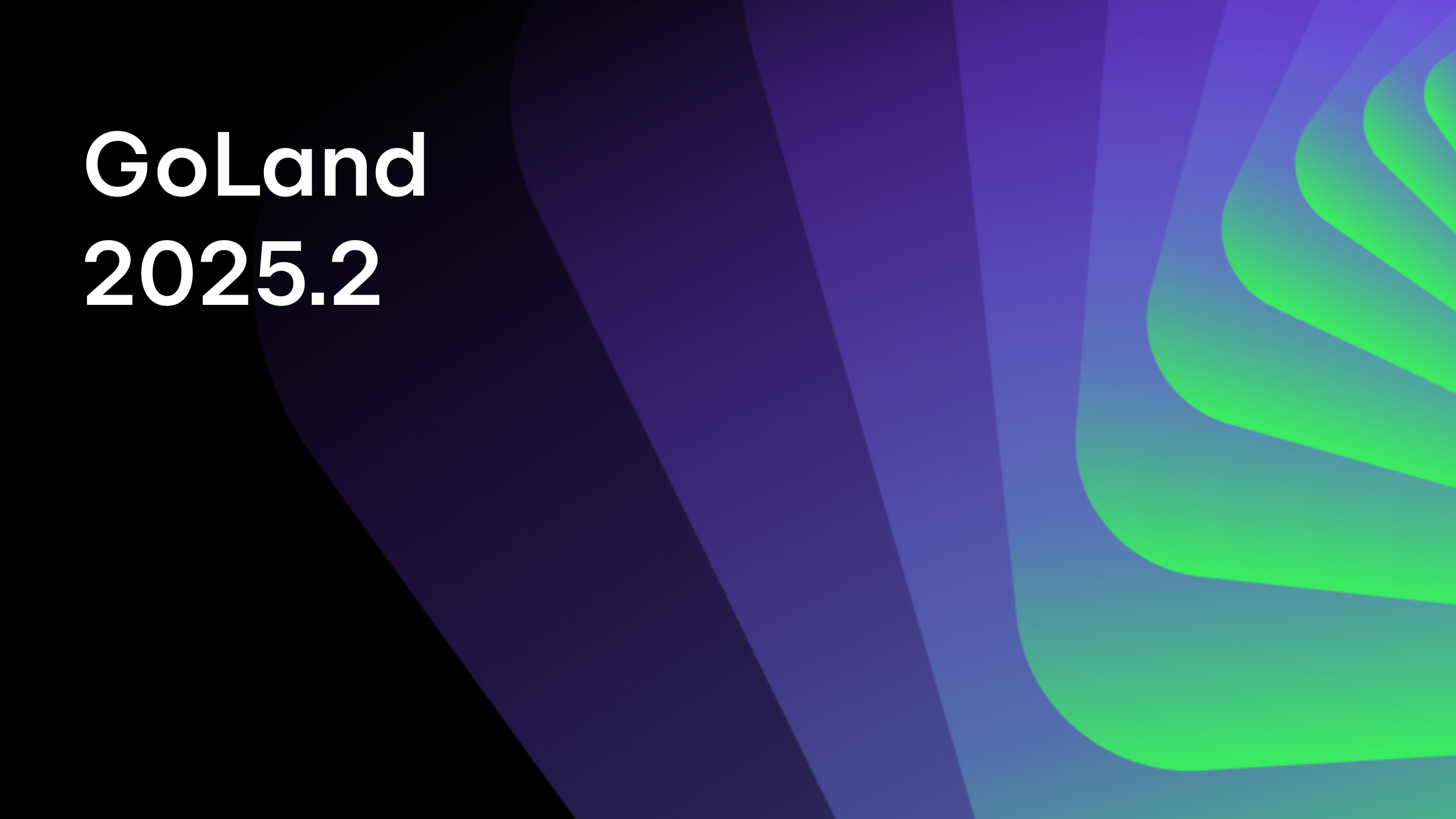
Smarter on-the-fly nil dereference detection with DFA
GoLand 2025.2 adds interprocedural nil dereference analysis to help you catch potential issues before they cause runtime errors. The new inspections analyze how nil values move across function calls, files, and packages, and highlight risky pointer operations directly in the editor.
You’ll now see:
- Nullability hints in quick documentation.
- Warnings for unsafe dereferences.
A new Data Flow Analysis tab in the Problems tool window, showing the full path that leads to a nil dereference
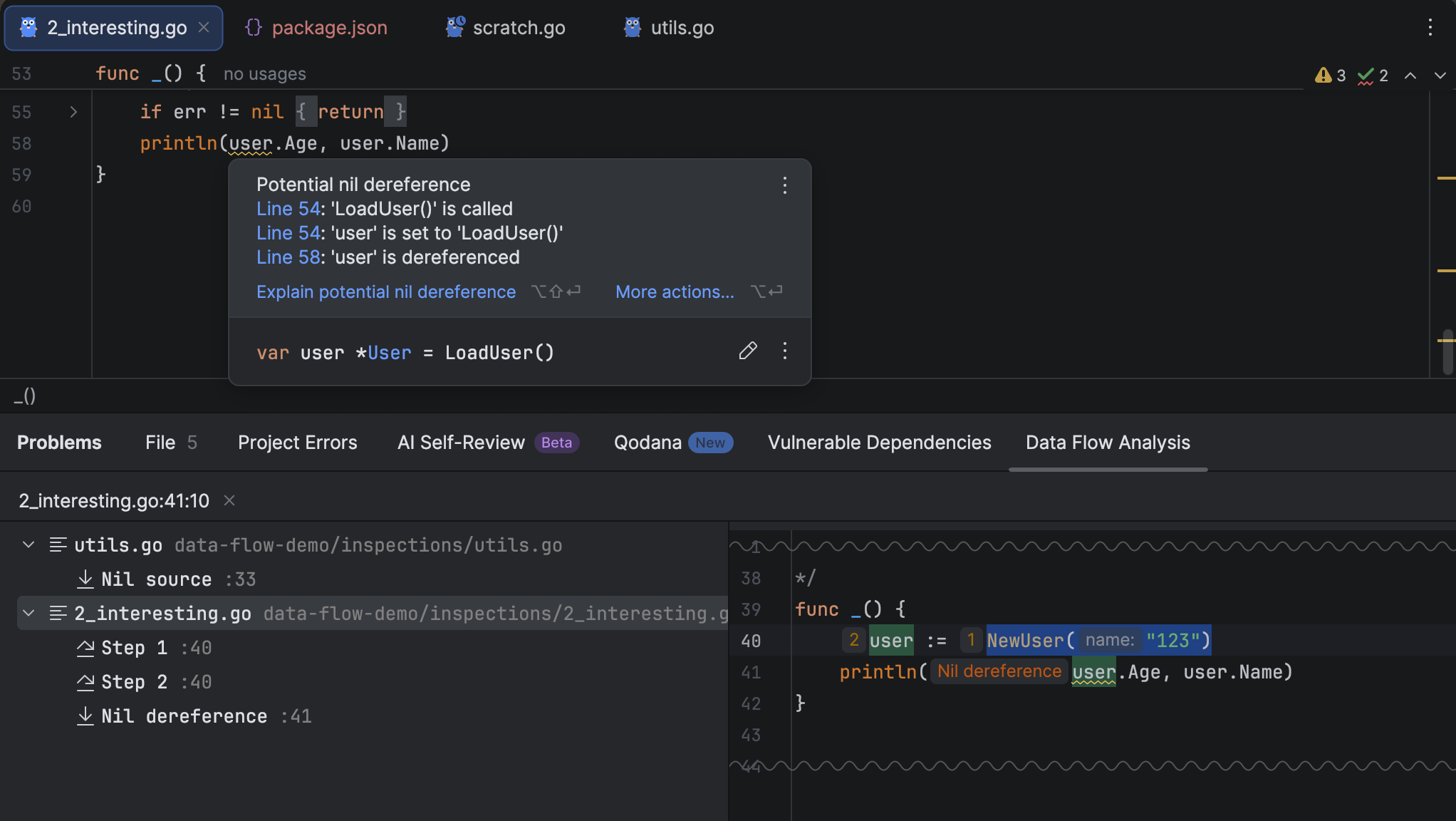
Faster start with the new non-blocking Welcome screen
The Welcome screen now opens as a tab inside the IDE instead of blocking startup. This gives you instant access to tools like the terminal, Docker, Kubernetes, the HTTP Client, and databases – no need to open a project. You can also create and edit standalone files without setting up a full workspace.
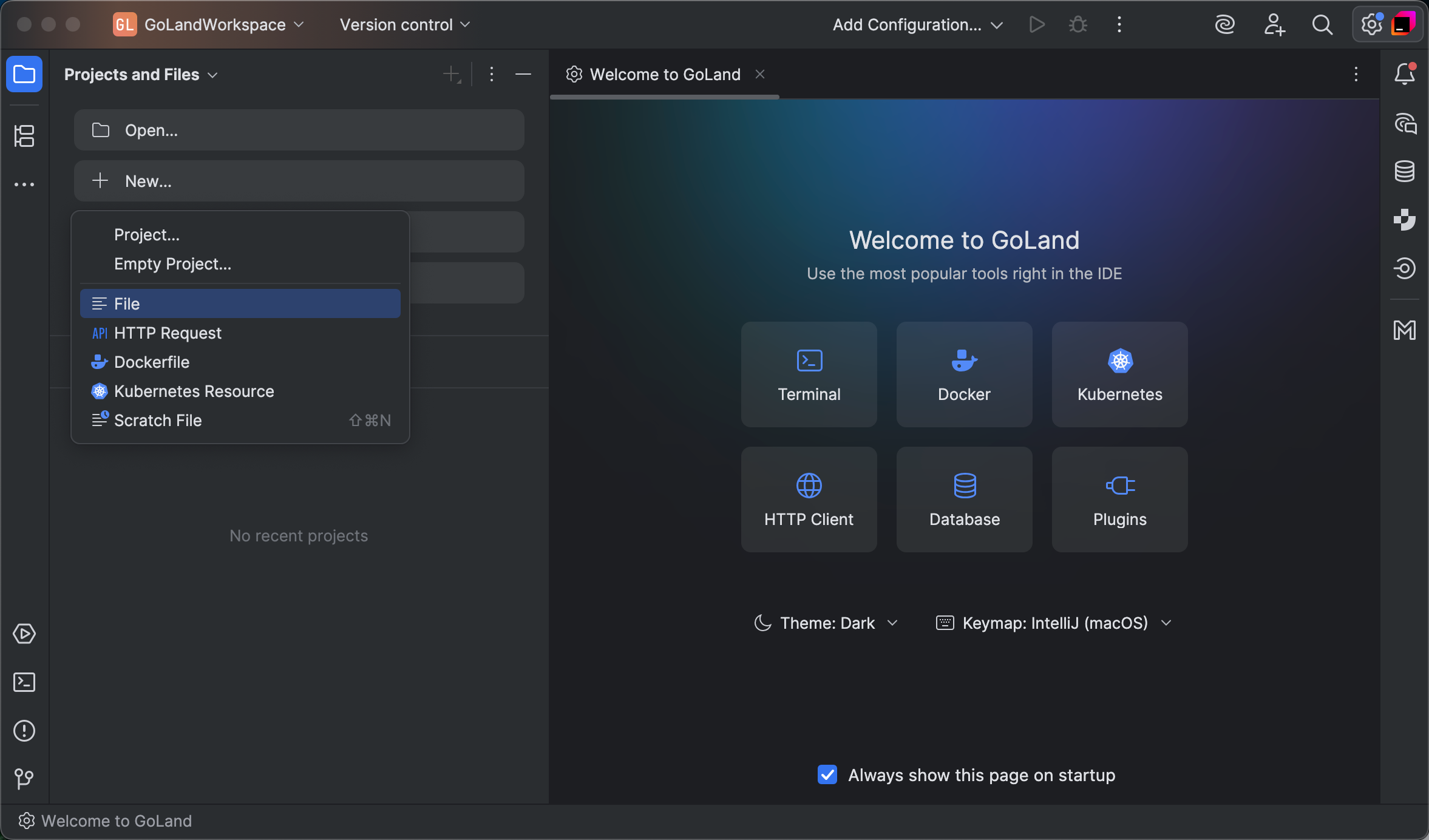
Smarter endpoint discovery and request generation
The Endpoints tool window now offers improved support for modern net/http.ServeMux route patterns, including method-based and wildcard routes like GET /task/{id}/. It also displays the HTTP method next to each route for faster navigation.
GoLand can now detect HTTP methods from:
- Function names:
r.GET("/path", handler) - Method-prefixed strings:
http.HandleFunc("POST /item", handler) - Function arguments:
r.Method("DELETE", "/item", handler) - Chained method calls:
r.HandleFunc("/item", handler).Methods("PUT")
This release also improves authority resolution for Gin and http.Server, with general refactoring to keep the system extensible.
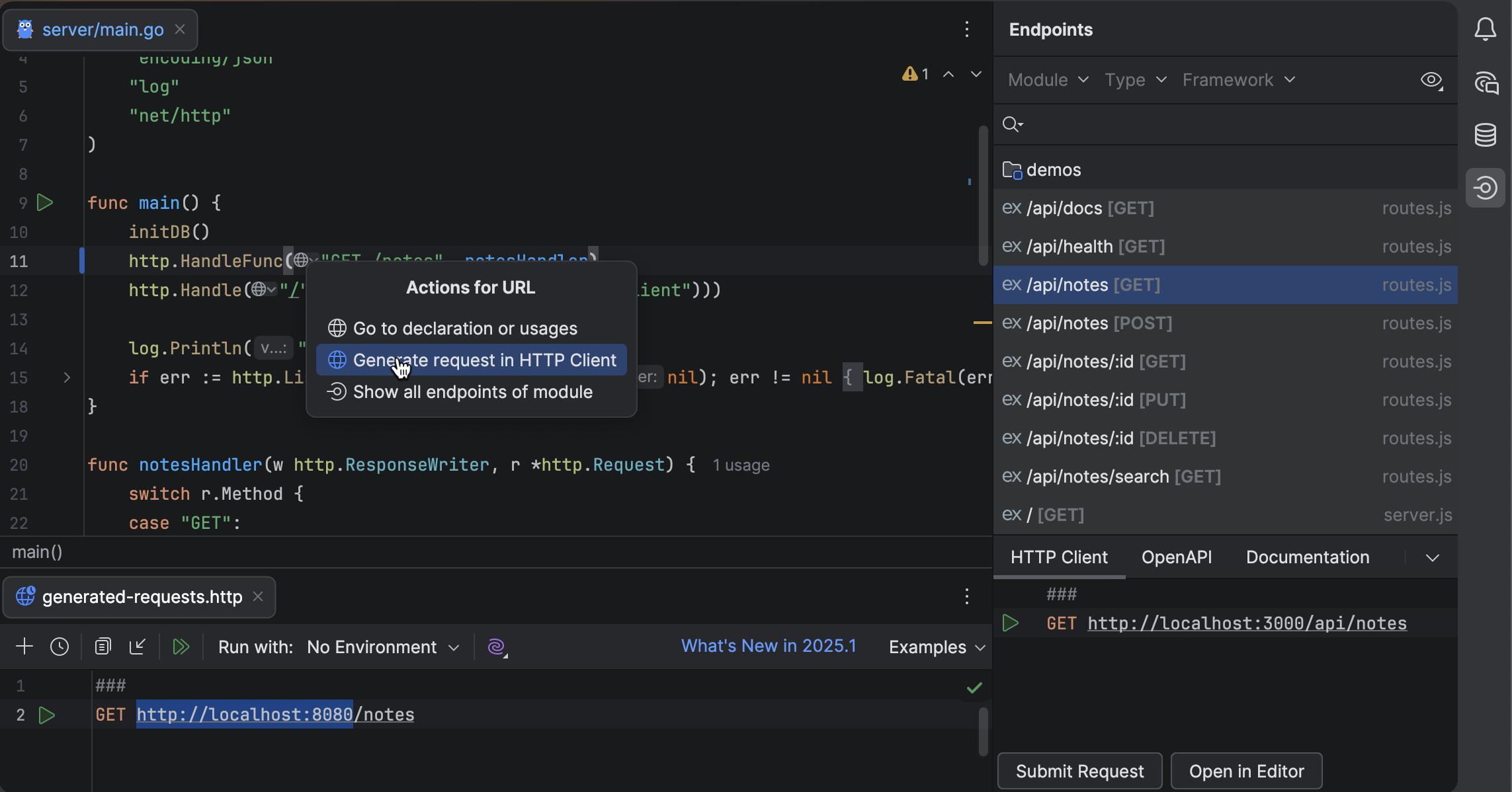
Junie: Your faster, smarter AI coding agent
Junie, the coding agent by JetBrains, is available for GoLand users and has recently received several major updates to its functionality.
Junie is a coding agent designed to help with professional tasks of any complexity. Now it’s significantly faster and includes MCP and remote development support.
Here are the main updates:
- Your smart in-IDE coding agent is now 30% faster: we optimized Junie’s task completion speed without compromising on quality.
- MCP support is now available: the Model Context Protocol allows Junie to connect to external sources like databases, file systems, or APIs.
- Remote development is now supported in Junie: you can work remotely with your team and delegate tasks to Junie at the same time.
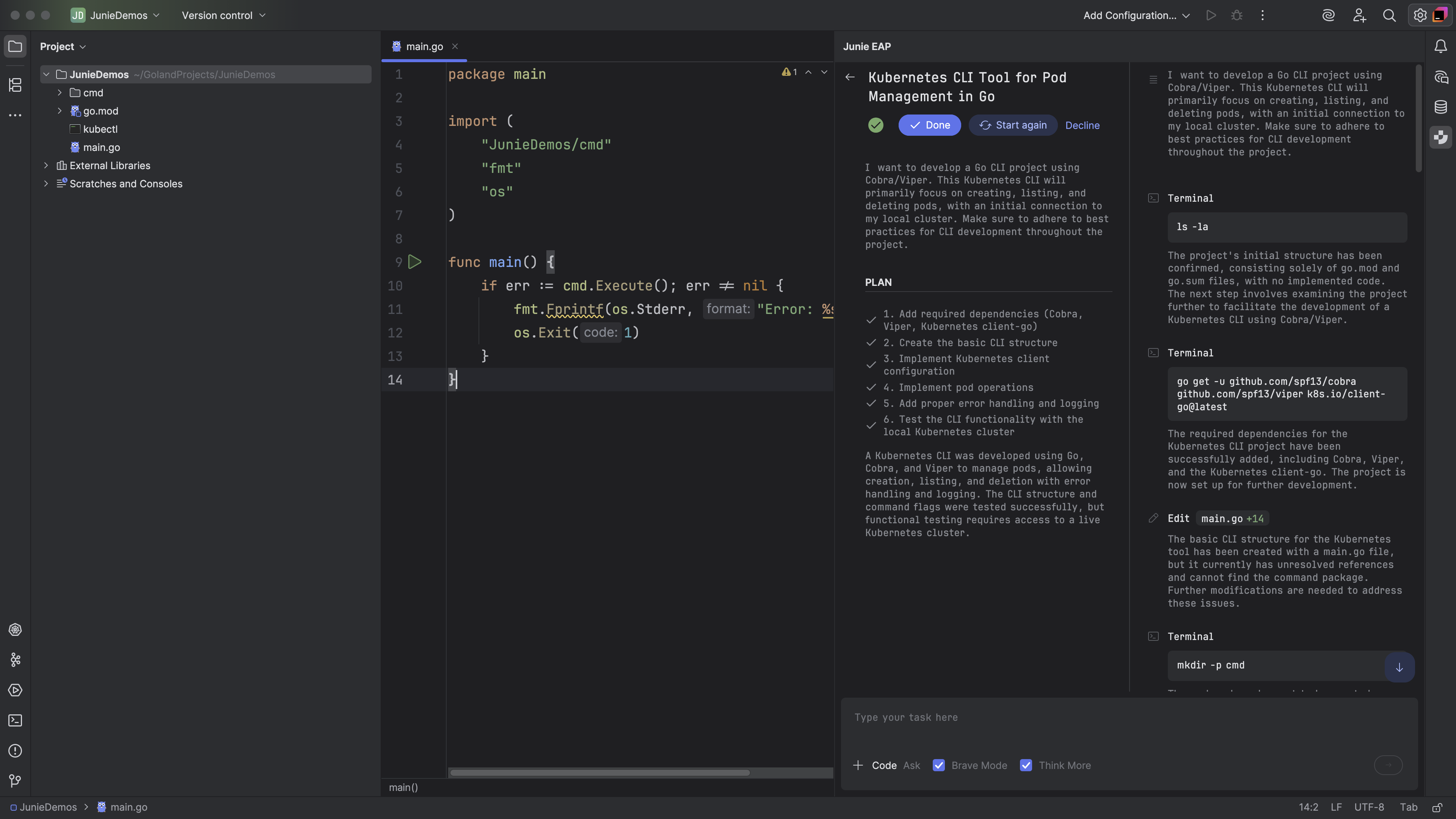
Updates for JetBrains AI Assistant
JetBrains AI Assistant just got a major upgrade – bringing you faster and more project-aware AI assistance that is fully integrated into your development workflow. Whether you’re working online or offline, JetBrains AI is now more capable, more flexible, and still free to use.
Here’s what’s new:
- Smarter completion across all supported languages, now with support for SQL, YAML, JSON, Markdown, and more.
- Expanded offline flexibility – connect any OpenAI-compatible model server like llama.cpp or LiteLLM.
- JetBrains AI Assistant now supports image attachments in the chat when using Anthropic models.

Inherited features from IntelliJ IDEA, WebStorm, and DataGrip
GoLand also brings in many of the latest features from the IntelliJ Platform ecosystem. Explore what’s new in:
We’d love to hear your feedback on these new features so we can make them even better. Share your thoughts on X, leave a comment below, create an issue in our tracker, or chat with us in the #goland-gophers Slack channel.
Happy developing!
The GoLand team
Subscribe to GoLang Blog updates


